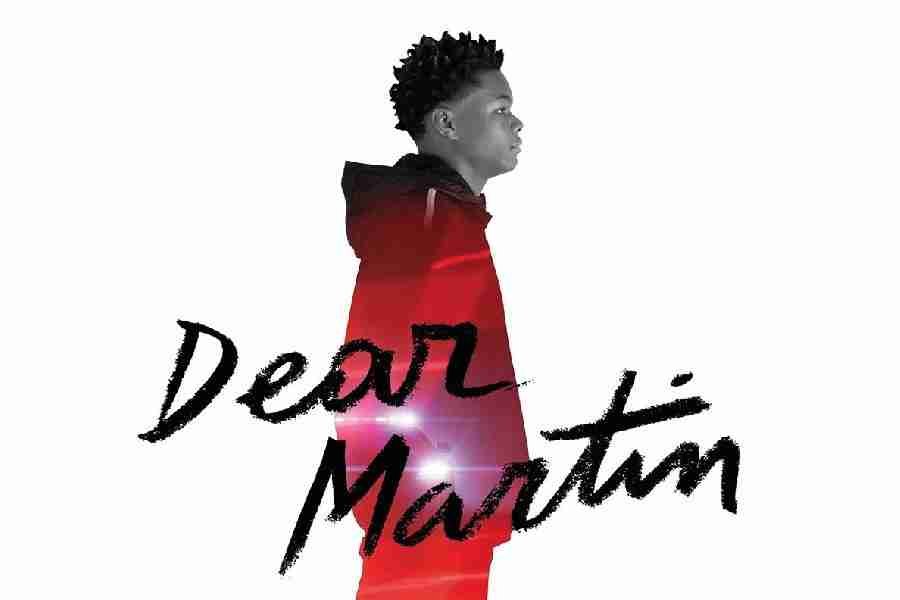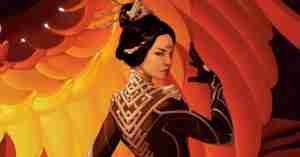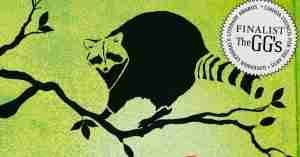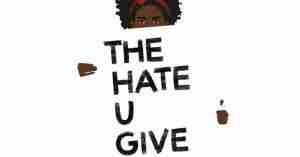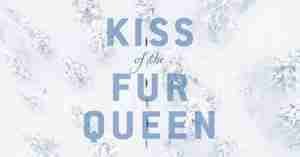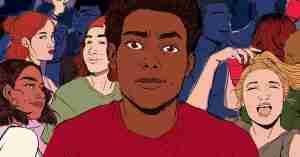Dear Martin by Nic Stone is one of our school’s considerations for the grade nine de-streamed classroom. These are my thoughts on Dear Martin as a Book Club contender. To learn more about our Inclusive Classroom Library Project, please click here.
A Brief Plot Outline
Justyce McAllister, a black, seventeen-year-old boy, writes letters to Martin Luther King as part of a personal project to better himself. Justyce, from a rough neighborhood in Atlanta, Georgia, has found academic success in a private school and will attend Yale the following year.
While trying to stop his girlfriend from drinking and driving, the police arrest Justyce because he is black. The event taints Justyce’s worldview, and he finds himself lost. People from his neighborhood envy his success, and many of his white friends are racist without realizing they are racist.
Justyce continues to struggle with racial issues throughout the story’s first half, which comes to a head at the end of part one when his best friend is shot next to him by an off-duty white police officer. Justyce’s struggle becomes even more complex, and he considers giving up. He becomes so disillusioned with society that he returns to his old neighborhood, meets with a gang leader, and considers joining the Black Jihad.
With the help of his friends, Justyce slowly overcomes adversity. We leave the story when he heads off to Yale for university, leaving us with great hope for the future.
General Thoughts
Dear Martin is a great book! I was immediately drawn into the story and couldn’t put the book down. While this novel doesn’t add anything incredibly new to the issue of race relations, it does remind us of the severe, ongoing social problems black people face in North America. Given that the area where I teach is predominately white (Northeastern Ontario, Canada), this book will be an eye-opener for many students.
Also, reading a book written in the present tense is unusual. I believe Stone wrote this way to reflect MLK’s tone in the I Have a Dream speech. I very much appreciated that touch, but it does take a little getting used to — which is interesting to note and hopefully intentional!
Who Will Like This?
I think most people will be drawn to Stone’s incredible storytelling. But, in the de-streamed classroom, this story should appeal to boys that are typically reluctant readers. The content and style are easily accessible. Because it is accessible and wouldn’t require much explanation from a teacher (a little background research on MLK, racial inequity, and the like, might be needed for some), it makes a good book club selection.
A Couple Problems
The one thing that does concern me is that the book is perhaps too easy for an academic setting. Even as a book club selection, where there isn’t very much direct instruction outside of the central theme, there isn’t too much to consider. Some symbols are self-explanatory, like Justyce (the character) representing justice (the idea). The way he rubs his wrists shows us police injustice and brutality. SJ’s ‘freak-out’ about engaging in a bi-racial relationship demonstrates people’s hesitation over accepting diversity. These are relatively simple themes that are great for personal reading but maybe lack the complexity for an academic setting.
Overall
Even with those few problems, I believe that this is an excellent choice for a book club book. While there are several other books that I need to read and consider before making any choices, this book has made a lasting impression, and I’ll be happy if it is one of our selections.
To learn more about our Inclusive Classroom Library Project, please click here.
